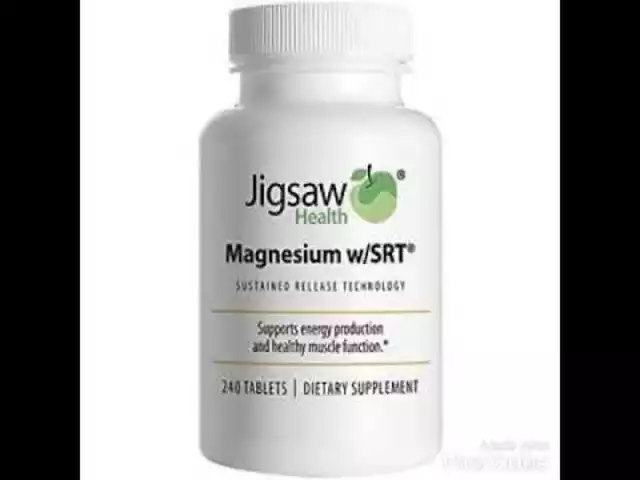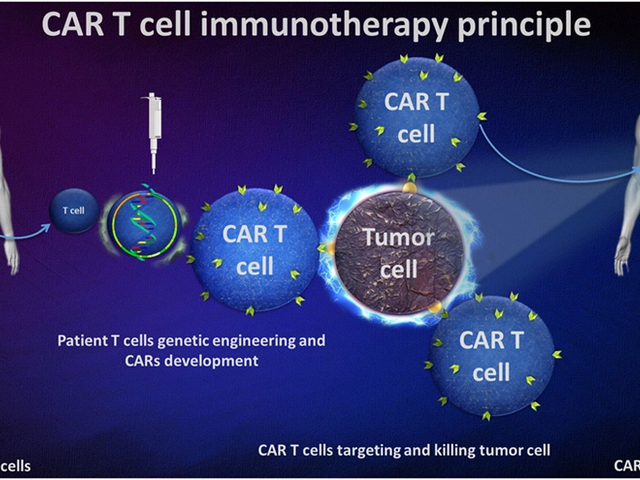Grapefruit and Medications: How One Fruit Can Change Your Drug
A single glass of grapefruit juice can seriously change how some medicines work. For some drugs it raises blood levels enough to cause side effects. For others it lowers the effect. If you take prescription meds, this is worth reading.
Here’s the simple science: grapefruit blocks an enzyme in your gut called CYP3A4. That enzyme normally helps break down many drugs before they enter your bloodstream. When grapefruit blocks it, more of the drug gets into your blood and stays there longer. The effect can last up to 48–72 hours after you eat or drink grapefruit, so just skipping a glass the day you take a pill often won’t fix it.
Common drugs that can interact with grapefruit
Not every medicine is affected, but these groups often are. If you take any of the drugs below, ask your pharmacist or doctor about grapefruit.
- Statins: simvastatin and lovastatin are the biggest concerns. Higher levels can raise the risk of muscle damage.
- Calcium channel blockers: nifedipine, felodipine and similar blood pressure meds can spike, causing dizziness or low blood pressure.
- Immunosuppressants: cyclosporine and tacrolimus levels can jump — that’s risky for transplant patients.
- Benzodiazepines: midazolam and triazolam can have stronger sedative effects.
- Some erectile dysfunction drugs and others: certain PDE5 inhibitors and many more — check the leaflet.
- Drugs with lower absorption: fexofenadine (an antihistamine) can be less effective because grapefruit affects transporters too.
This list isn’t complete. Also watch out for related fruits: Seville oranges, pomelos, and some tangelos can cause similar problems.
Practical tips to stay safe
Ask your pharmacist straight away if grapefruit is safe with any new prescription. Read the medicine leaflet — it often mentions grapefruit warnings. If a drug interacts, your doctor may switch you to a safer alternative or adjust the dose.
If you like grapefruit, tell your provider. Don’t assume waiting a few hours helps — the enzyme effect lasts days. And don’t replace grapefruit with Seville oranges or certain juices unless you’ve checked first.
Want a quick check? Use reputable resources like the medication guide from your pharmacy, official drug labeling, or talk to a clinician. Small change, big difference: cutting out grapefruit can prevent a dangerous mix-up between your fruit bowl and your medicine cabinet.

Citrus Drug Interactions: Hidden Risks Beyond Grapefruit Explained
Worried about your morning orange juice? It's not just grapefruit you need to watch. This article digs deep into how Seville oranges, pomelos, and tangelos can seriously mess with medications, not just statins. With surprising stats, practical tips, and a dose of Austin personality, this guide will help you avoid risky interactions while still enjoying your favorite fruits.
Read More




